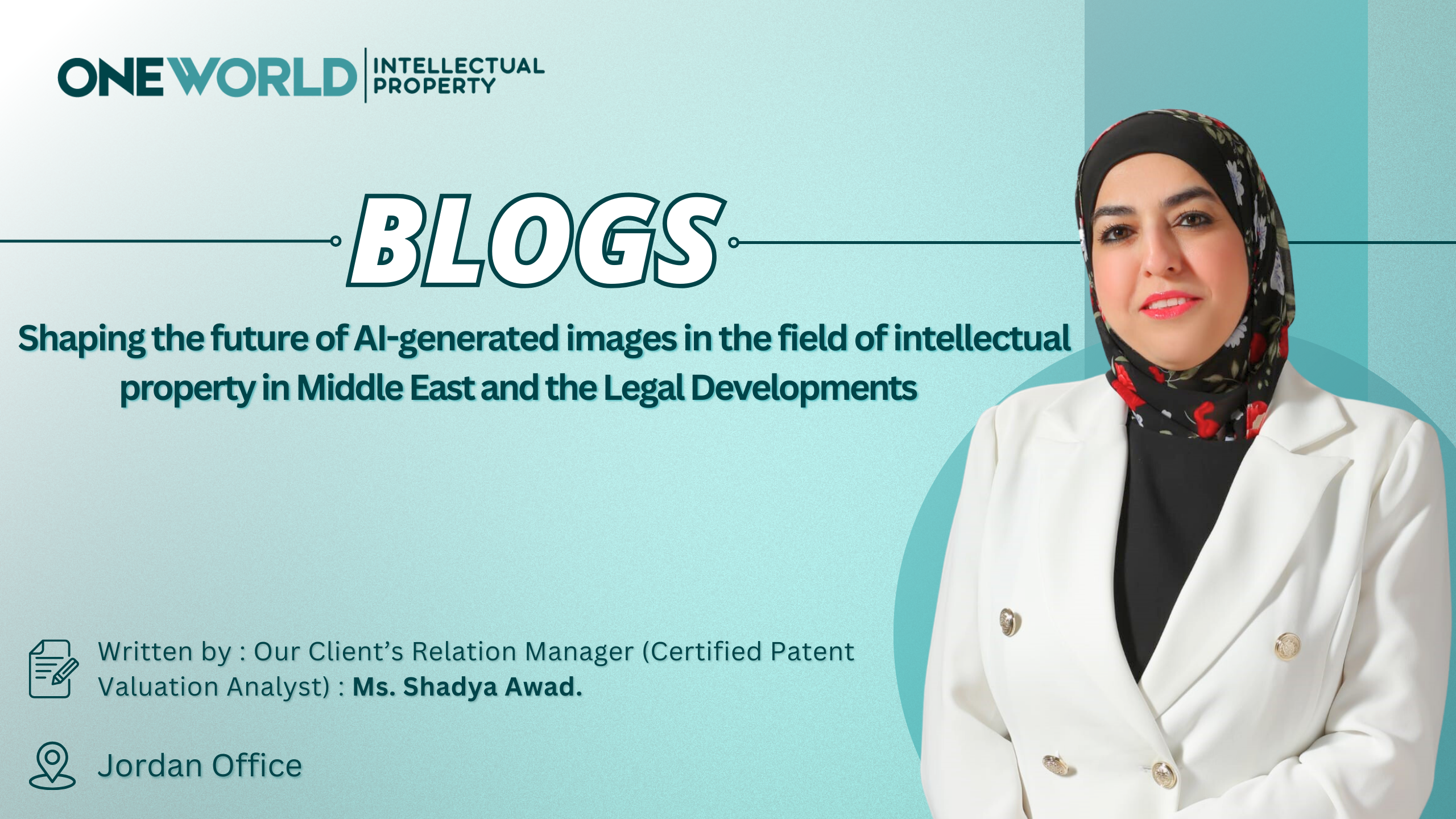
Shaping the future of AI-generated images in the field of intellectual property in Middle East and the Legal Developments
The future of AI-generated images in the field of intellectual property (IP) in the Middle East is poised to evolve through a combination of technological advances, regulatory developments, and cultural considerations. Here are some key points to consider:
- Middle Eastern countries may develop and adapt legal frameworks to address the ownership, copyright, and licensing of AI-generated images. This could involve clarifying whether the AI creator, user, or the organization owning the AI holds IP rights.
- AI tools are enabling new forms of artistic expression, raising questions about originality, authorship, and moral rights. The region may foster innovation while establishing protections for human creators and AI-assisted works.
- Governments and institutions in the Middle East could promote policies that encourage responsible AI use, protect IP rights, and support local artists and tech companies leveraging AI.
- As AI-generated images often reflect or influence cultural identity, there will be a focus on ethical considerations, cultural preservation, and preventing misuse or misrepresentation.
- AI-generated image technology presents economic opportunities for startups, artists, and industries like advertising, fashion, and entertainment, which could be supported through regional IP laws.
Legal Developments in the Middle East:
- United Arab Emirates (UAE): The UAE has been proactive in establishing AI-friendly regulations. The Dubai International Financial Centre (DIFC) has proposed frameworks that recognize AI as part of ownership rights, and local courts have begun addressing IP disputes involving AI-created works.
- Saudi Arabia: The Saudi Authority for Intellectual Property (SAIP) is working on modernizing IP laws to address digital and AI-generated works. In 2022, Saudi Arabia granted its first patent to an AI company, indicating recognition of AI-related inventions.
- Egypt and Jordan: These countries are improving their IP legal infrastructure with amendments to copyright laws, including provisions for digital and AI-derived content, influenced by international treaties like WIPO.
Overall, the future of AI-generated images in the Middle East is likely to involve a balanced approach that encourages technological innovation while safeguarding legal rights and cultural values. The region is gradually developing a legal and regulatory environment that adapts to AI-created works, with progress evident in regional regulations, alignment with international treaties, and the growth of technological innovation hubs. At the same time, there is a cautious emphasis on ethical and cultural considerations to ensure responsible use. This evolving landscape aims to strike a balance between fostering innovation, protecting intellectual property, and preserving cultural integrity through region-specific policies and international cooperation.
Written by: Ms. Shadya Awad – (Client’s Relation Manager) Certified Patent Valuation Analyst



